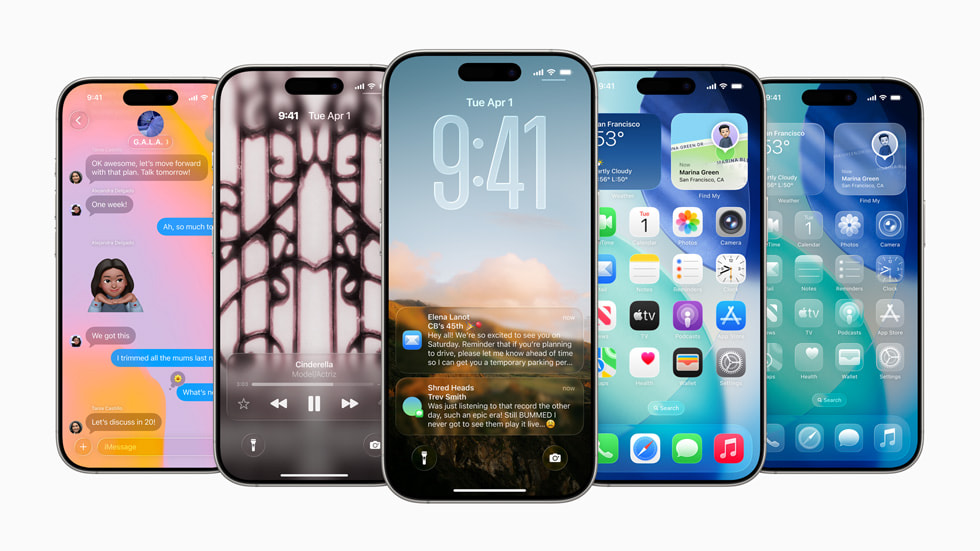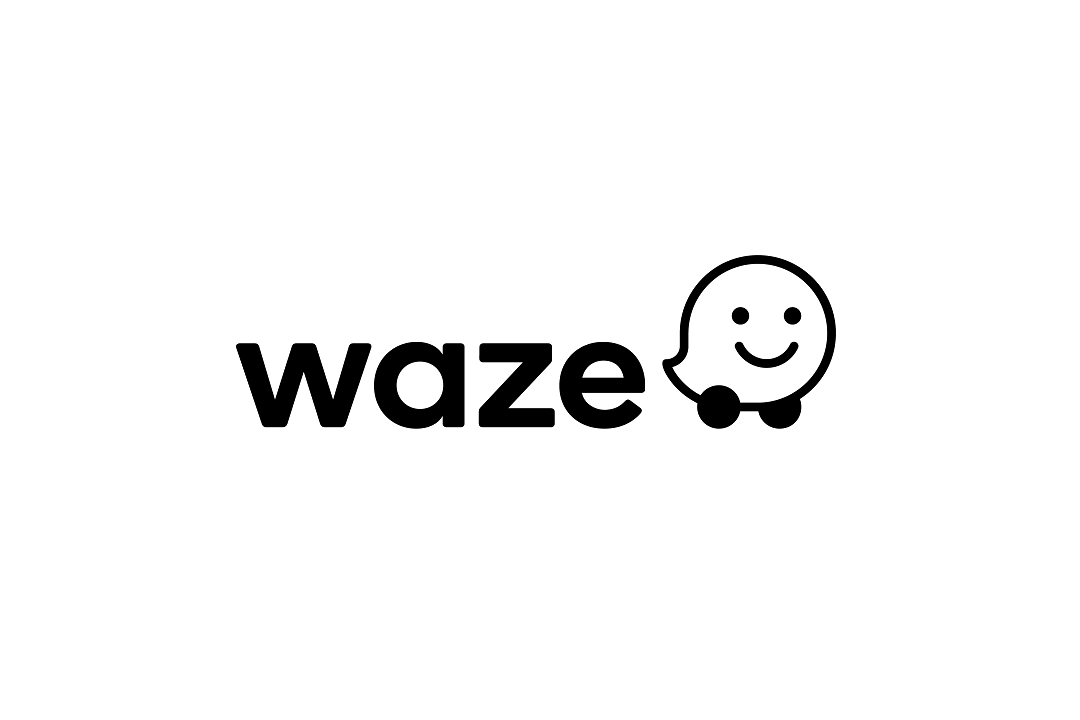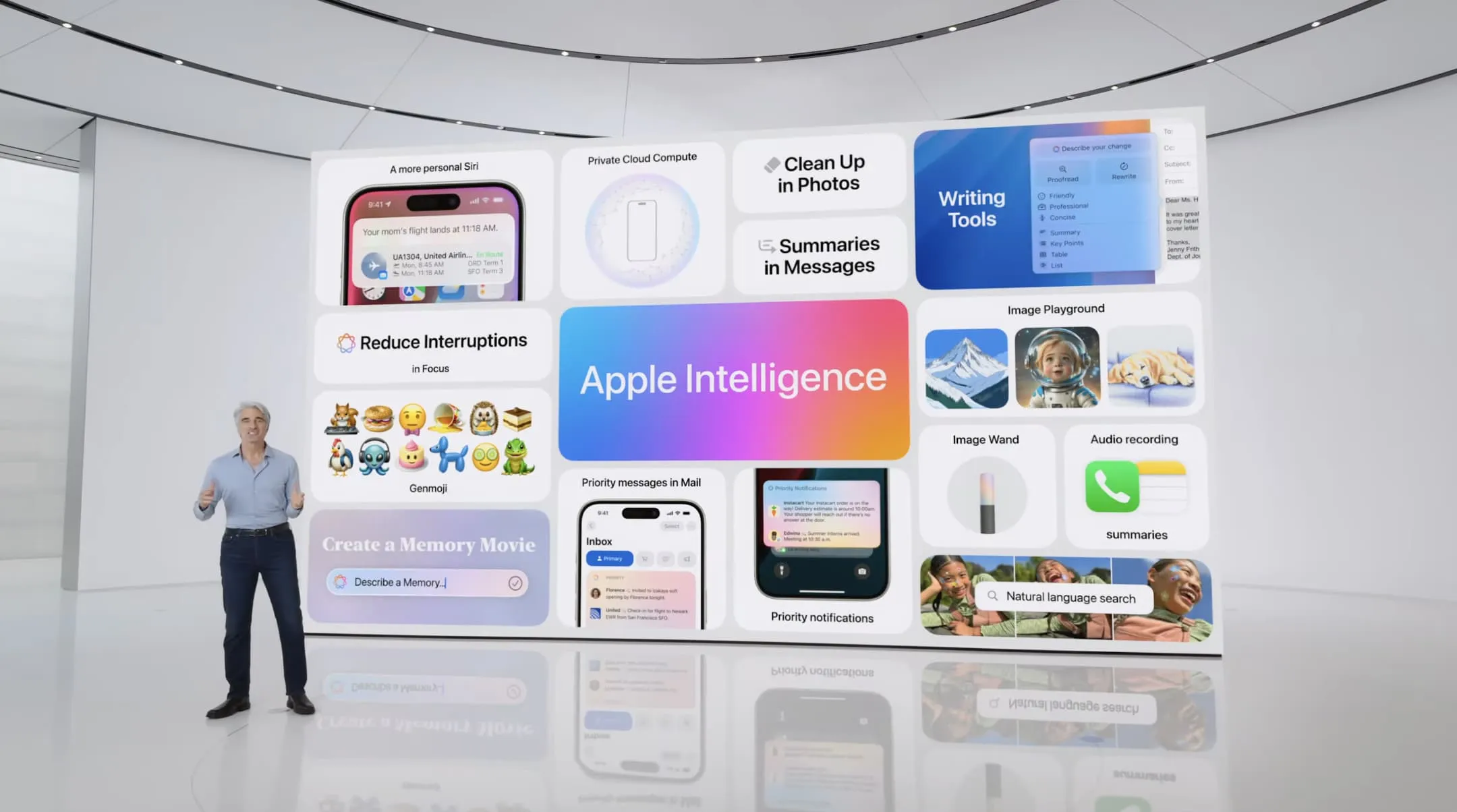The internet landscape is dominated by a few key players, and the relationship between Apple and Google is a fascinating one. Recently, Eddy Cue, Apple’s senior vice president of services, made headlines by declaring the company’s continued commitment to Google as the default search engine on its devices. This decision, fueled by a multi-billion dollar deal between the two giants, raises questions about competition, user privacy, and the future of search itself.
A Symbiotic Partnership: Billions and Brand Loyalty
The financial incentive for Apple’s stance is undeniable. Google reportedly pays a staggering $20 billion annually to maintain its position as the default search engine on iPhones, iPads, and Macs. This hefty sum translates to a significant revenue stream for Apple, with an additional 36% of ad revenue generated from Safari searches finding its way back to Cupertino. The partnership also fosters brand loyalty for both companies. Google benefits from the massive user base of Apple devices, while Apple leverages Google’s established search technology, ensuring a seamless user experience.
Beyond the Money: Resources and Innovation
However, Eddy Cue’s statement goes beyond just financial gain. He argues that developing a new search engine from scratch would be a resource-intensive endeavor, demanding “billions of dollars and many years.” This investment would divert focus away from other areas of Apple’s innovation pipeline, potentially hindering the development of groundbreaking new products and services.
Furthermore, Cue emphasizes the dynamic nature of search technology. Artificial intelligence (AI) is rapidly transforming the way searches are conducted and interpreted. Building a competitive search engine would require constant investment in AI research and development, a gamble with an uncertain payoff.
The Privacy Conundrum: Targeted Ads vs. User Choice
A key sticking point in the debate concerns user privacy. Apple prides itself on its commitment to data protection. Building a successful search engine often relies on targeted advertising, a practice that raises privacy concerns. Cue acknowledges this, highlighting that Apple currently lacks the infrastructure and expertise necessary to navigate the world of targeted advertising at scale.
Interestingly, despite Google being the default option, users retain the ability to choose alternative search engines like Yahoo!, Bing, DuckDuckGo, or Ecosia. This element of user control adds another layer to the conversation.
Regulators Step In: Balancing Competition and Revenue
The Department of Justice’s (DOJ) intervention in 2023 throws a wrench into the well-oiled machine of the Apple-Google partnership. The DOJ accuses Google of anti-competitive practices, with the search engine deal used as evidence. Regulators have proposed two remedies:
- Maintaining Google as the default search engine but stripping Apple of ad revenue: This approach aims to foster competition by creating a disincentive for Apple to favor Google.
- Preventing future deals between Apple and Google altogether: This more drastic measure seeks to dismantle the existing partnership and force both companies to compete on a level playing field.
Cue vehemently disagrees with both options. He argues that Apple should retain the right to choose partnerships that best serve its users. He believes that the DOJ’s remedies would ultimately “hamstring Apple’s ability to continue delivering products that best serve its users’ needs.”
The Future of Search: A Collaborative Landscape?
As the battle between regulators and tech giants continues, the future of search takes center stage. Will the partnership between Apple and Google endure, or will a more fragmented landscape emerge? Perhaps the answer lies in fostering collaboration between tech companies and regulators, creating a framework that promotes innovation, user privacy, and healthy competition within the search ecosystem.
One thing is certain: the current landscape is far from static. The next generation of search experiences may be powered by AI, prioritize privacy, and cater to user needs in ways we can only begin to imagine. As companies like Apple and Google continue to navigate this ever-evolving landscape, the fight for search supremacy promises to be a fascinating one to watch.






